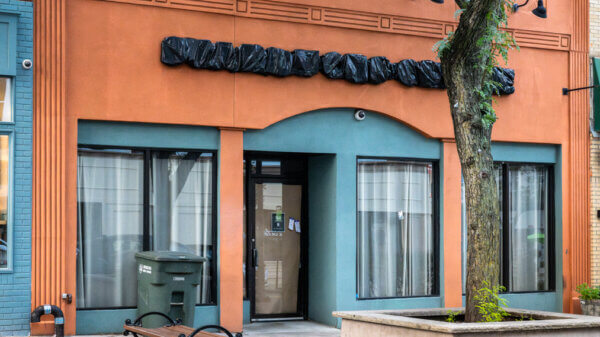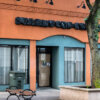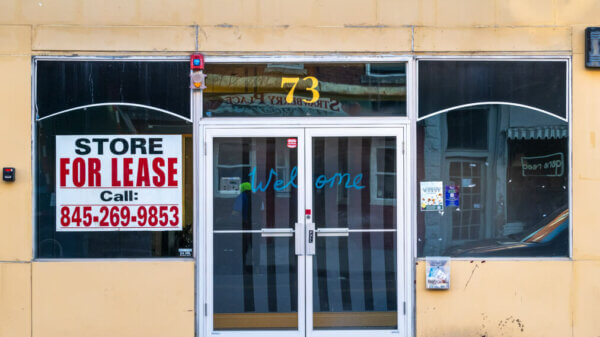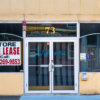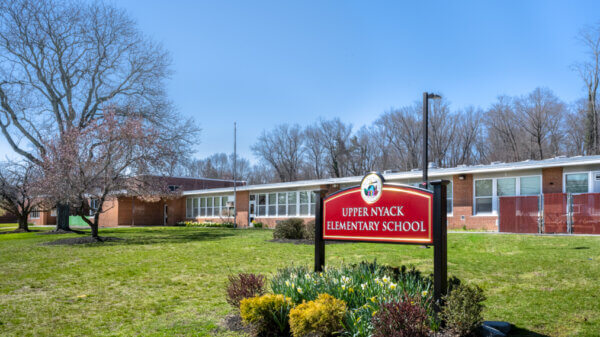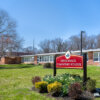by Max Cea
Nyack, New York – The debate over whether the Nyack school district should have the authority to administer breathalyzer tests to students exhibiting symptoms of intoxication at school functions continued at last night’s Board of Education meeting. It was the fifth, and perhaps most contentious, meeting in which the topic has been discussed. The result, after nearly two hours of back-and-forth between students, parents, Superintendent James Montesano and the School Board: a successful filibuster.
Tabling the vote was perhaps the best the 30-some-odd students and parents in attendance, almost universally opposed to the proposal, could have hoped for. Only one Board member, Secretary Jen Marraccino, expressed opposition. The rest treated it like a common sense proposal. Dr. Montesano and several Board members stressed that the way that administrators police alcohol use would not change; they would just gain a new tool to more accurately test intoxication. “What some people are not aware of, the board currently has a policy that is not too unlike the proposed policy about reasonable suspicion,” Dr. Montesano said. “If they suspect a child is demonstrating some of those indicators, based upon the current policy an administrator will basically move a child off site to a street location and have a conversation and try to do some fact finding.”
Board member Michael Mark would later further clarify, “All of the things we’re doing now — is that OK up until we pull out the machines?” To which students and parents answered with an unequivocal and exasperated, “Yes.”
Much of the discussion was dominated by hypotheticals, but the foremost concerns were unintended consequences and how such a policy would affect the relationship between students and administrators. Nyack Senior Sasha Cohen worried that breathalyzers would create distrust between students and administrators. “I think the ‘us against them’ mentality that it would create is really unhealthy for a school environment. I don’t think it’s going to change anything. I think it will just cause students to resent the administration because they’ll feel like they’re being watched over like children – and we’re not. A lot of us are 18 and over.”
In response to students, Dr. Montesano said, “It’s not because we don’t trust you, it’s because we want to keep you safe.” In recent years, with the installation of new cameras and the revocation of the open campus policy, Nyack administration has consistently chosen safety over freedom.
Ken Sharp, a parent of two ninth graders, worried about racial profiling. He added that, “Another unintended consequence is perception. I feel like this makes us look bad. Do we have a higher percentage of kids drinking than other schools in the county? And if not, why do we feel the need to single ourselves out and bring media attention — not for being one of the top high schools in New York, but instead because we must have a big drinking problem?”
The impetus for the breathalyzers, according to Dr. Montesano, “was really just somebody bringing forward, ‘Hey, I heard about this idea in another district.’” He added that the district has a $675,000 drug-free grant, and said that Nyack does not have a higher rate of alcohol use than other schools. Though, usage (as tracked by survey data) has been increasing amongst the district’s high school students. From 2012 to 2014, Dr. Montesano reported, the district saw an 11% increase (from 30% to 41%) in 10th graders who answered affirmatively to the survey question, “Have you had an alcoholic drink in the last 30 days?”
Ultimately though, the reason that the Board chose to postpone a vote for a sixth meeting was not because of trust or perception, slippery slopes or hypotheticals; it was because of semantics and legalese.
“The term breathalyzer is being used incorrectly,” explained David Novick, who has 24 years of experience in law enforcement. “A breathalyzer is indicative of the actual test that you’re subject to taking at the station house or a precinct,” whereas a field test involves the smaller instrument used by policemen on patrol. The latter is what the district likely had in mind.
Novick warned that the district could face legal issues if they failed to iron out all the small points of the proposal. “There’s significant training that’s involved to determine reasonable suspicion for consumption of alcohol or intoxication,” he said. “So if you’re looking to build reasonable suspicion on the basis of a non-trained administrator trying to determine the intoxication of a student, you’re going to have some legal issues with regard to that. You could be challenged and liable if there’s an incorrect assessment of a child being under the influence of alcohol.”
In the Board’s concluding discussion, Leeann Irvin, who is a lawyer in addition to being a Board member, admitted that she didn’t fully grasp the distinction between the types of breathalyzers, and advocated on behalf of further discussing the rights of minors. Her fellow Board members agreed, and with that, the results of the breathalyzer test, err debate, came up TBD.
Read the current proposed breathalyzer legislation here.



